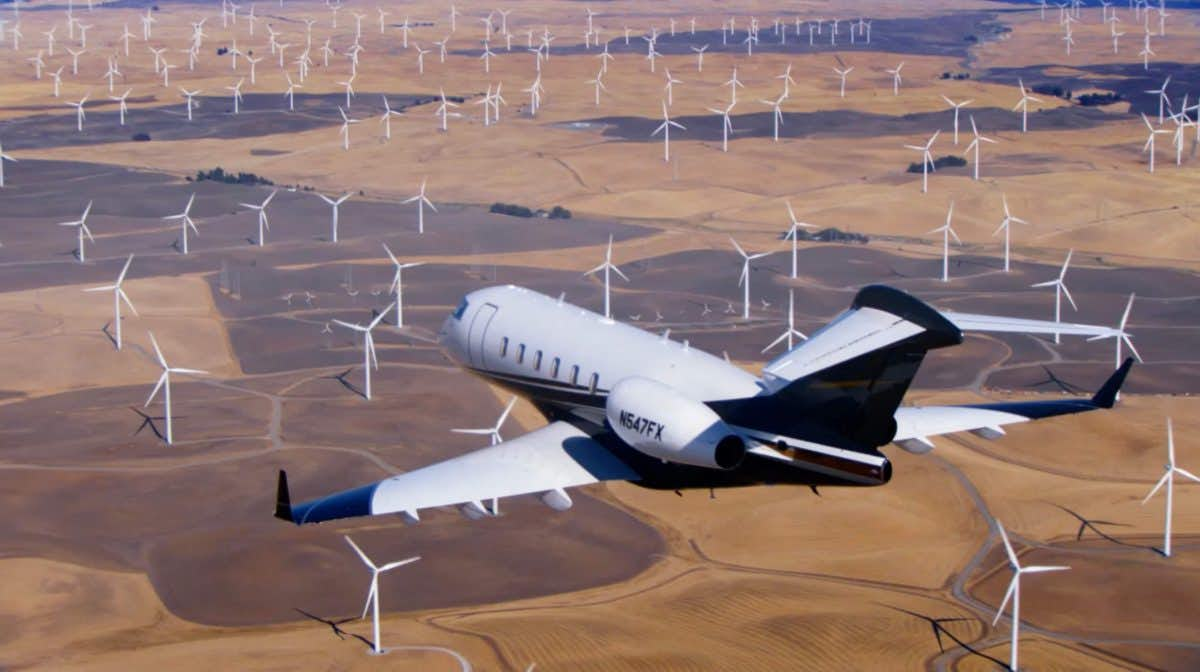
Since launching last January, private aviation sustainability solutions and rating provider 4Air has helped jet owners and providers offset one million metric tons of CO2. Its uses verified carbon offsets and sustainable aviation fuel (SAF), dramatically reducing the private aviation industry’s impact on the climate.
So far, 4Air facilitated more than 250,000 carbon-neutral flight hours and offset more than 80,000 emissions-neutral flight hours, accounting not only for CO2 but also for non-carbon emissions that affect the climate such as soot, water vapor, and contrails.
It made possible more than 125 million carbon neutral flight miles, the equivalent of 262 round trips to the moon.
“Climate change is the greatest sustainability challenge we face, and it is critical that we do everything we can to offset or reduce emissions of CO2 and other pollutants that affect the climate,” said 4AIir President Kennedy Ricci. “Our goal is to help aviation stakeholders become part of the solution to climate change, and the strong response to our programs during 2021 convinces us that aviation is willing to be a leader in the sustainability space.”
During its first year, 4AIR launched increasingly progressive rating programs to promote sustainability through carbon neutrality via carbon offsets, emissions neutrality via offsets, and actual emissions reduction through measures such as SAF.
Its programs have attracted participation from stakeholders across the private aviation spectrum. These include some of the world’s most prominent fractional, jet card, and charter travel providers as well as aircraft management companies, corporate flight departments, individuals, original equipment manufacturers (OEMs), airports, and fixed-base operators (FBOs).
Other initiatives include helping private aircraft users find SAF regardless of the airport, FBO, or fuel provider via a live, open-source map. The app is open to non-4Air clients.
Projects supported by 4AIR include deforestation prevention and forest preservation in Kenya, clean wind-generated electricity in the upper Midwest United States, and high-efficiency cooking stoves reducing the amount of wood needed for cooking, among dozens of other projects.
Recently, it entered into a partnership with the Aviation Impact Accelerator (AIA), led by the University of Cambridge, to develop interactive, evidence-based tools to engage decision-makers, the aviation industry, and the public about how to achieve the ultimate goal of Net Zero Flight, under which flight activity would generate no additional climate-changing emissions.
Paid subscribers to Private Jet Card Comparisons can compare carbon offset programs for over 50 providers.